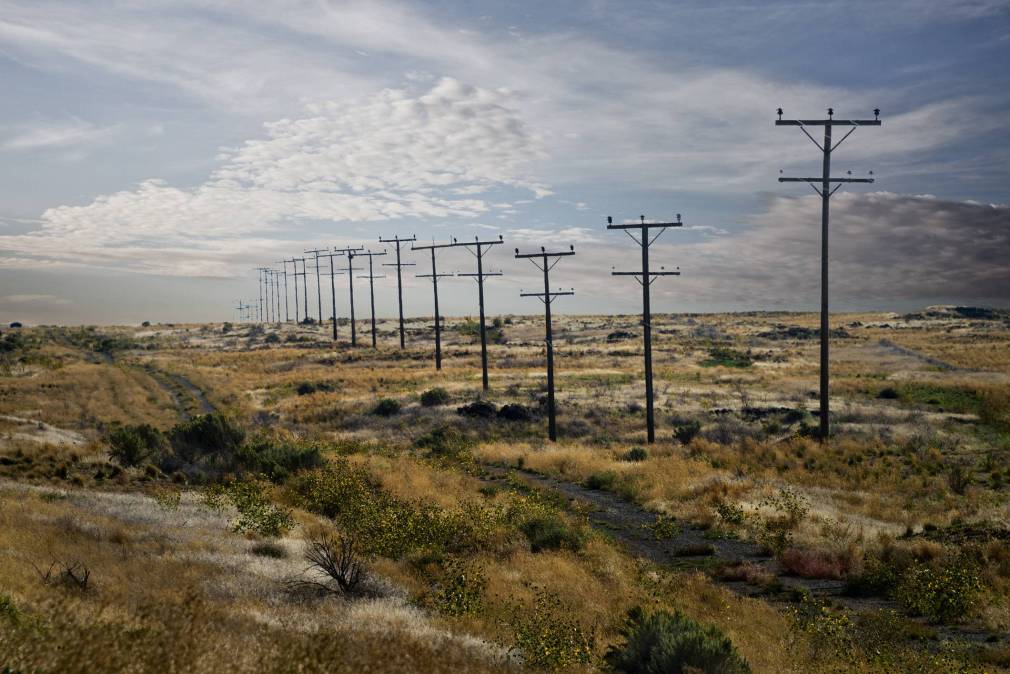Nevada’s local officials are still skeptical of ‘innovation zones’

Local officials in Nevada say they still oppose the idea of technology company-owned communities throughout the state, despite the launch of a new legislative committee tasked with studying the potential of such communities.
At a legislative committee meeting last week, officials from Storey County, Nevada, told lawmakers and representatives from Blockchains LLC — a tech firm founded by Jeffrey Berns, who owns 67,000 acres in the county — that the concept of innovation zones is “not necessary and not appropriate” as they’re currently being proposed. Berns had introduced the idea of innovation zones, large portions of residential land that commercial companies could assume governorship of, to Nevada Gov. Steve Sisolak, who supported the idea in his State of the State address in January.
Sisolak announced in April that the legislation behind the idea would be set aside in favor of a bipartisan legislative committee studying the idea later this year, but county officials aren’t in full support.
“Bifurcating the county into two governments will result in persistent fiscal instability in the region and may weaken the county’s ability to provide public safety, social services and other core functions to current and future stakeholders in the county,” Austin Osborne, the Storey County manager, wrote in a letter to the committee.
The original legislation, put on hold by Sisolak, would have enabled companies that met investment requirements — at least $250 million into a purchase of 50,000 acres followed by $1 billion invested over 10 years — to wield the power of a county government over that land, including the ability to impose taxes and form school districts and justice courts.
The “innovation” of the proposed regions refers to the idea that companies working on new technologies — like blockchain or artificial intelligence — would be enticed to the region and further its economic development.
While officials in Storey County — which has roughly 4,000 residents — don’t support sharing their authority with private companies, they also aren’t against furthering economic development, Osborne told lawmakers. Storey County rewrote its master plan in 2016 to support planned developments, similar to the planned communities Berns is proposing, and Osborne said “our message has been from day one to submit an application to build a smart city concept out of painted rock, and we’re fine with that.”
“We believe that the company is able to do all the technology, all the growth, all the economic development, all the sandbox exercises, all of the experimentation, research and development and all of the smart city that they want to build within existing frameworks, within the Storey County master plan, within existing county codes,” Osborne said.






